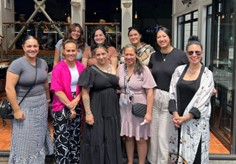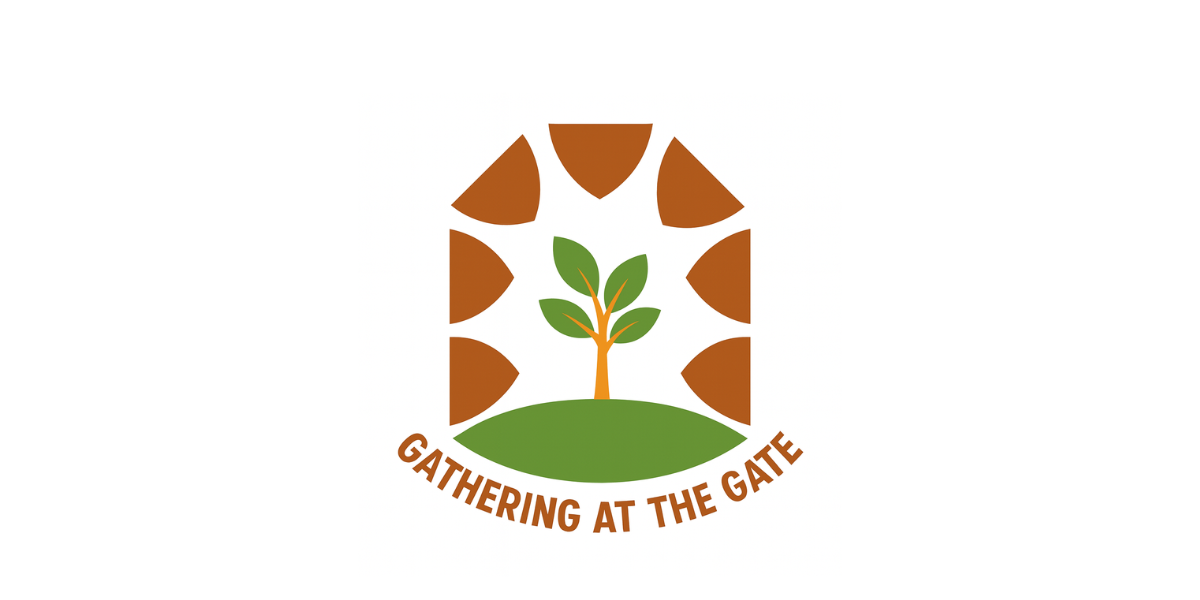Part 3 Indigenous innovation: Transforming complex systems – the importance of lived experience
Published:
July 31, 2024

We Deeply Care About and Work with Those Who Have Lived Experience and Frontliners with Practice Wisdom
It is important to prioritise and collaborate with individuals who have first-hand experience of a particular issue or situation. By doing so, we can gain valuable insights and perspectives that may not be apparent from an outsider’s point of view. It also helps to ensure that those most impacted are involved in the decision-making and problem-solving processes. Prioritising those with lived experience can lead to more effective and empathetic solutions.
When we partner those who are not in traditional seats of power the diversity of skills and experience in the solution design allows for more well-rounded decision-making. Additionally, it is a matter of fairness and equity to ensure that everyone has a voice and an opportunity to participate in shaping the future.
Two particularly Kaupapa we want to share that demonstrate the importance of this, are:
1. The Collaborative Redesign of Mental Health & Addictions Service Delivery, and
2. The Hapū Māmā Village – Mokopuna Ora.
Changing the narrative: Collaborative Redesign Mental Health & Addiction Service Delivery
In 2021, the Mental Health and Addiction sector and community through a series of hui and wānanga identified and determined six systems change priorities for redesigning the Mental Health & AOD service deliver. One of which is: ‘Changing the Narrative.’ Changing the Narrative focuses on addressing the stigma and bias deeply embedded in the narrative shifting away from the medical risk speak toward more open and honest communication that centres on the whole person’s wellbeing.
The issues identified were:
– Embedded mindsets at a societal level about mental health and addiction
– Lack of genuine empathy
– The barriers that the current system holds in place for changing these mindsets
We have worked with a lived experience group to consider how the ecosystem of services can influence the change in narrative at the local level. As a result the group have developed a framework that considers whānau / tāngata whaiora as people rather than an illness. The Principles developed in the framework promote self-efficacy, shifts power dynamics, upholds the mana of whānau, and creates competencies and capabilities for communities to actively support whānau experiencing distress or addiction harm.
The group is about to prototype and test the messaging with a core group of Mental Health & AOD organisations and communications experts to see how the framework influences whānau experience of services.
The Hapū Māmā Village – Mokopuna Ora
In 2023 we released The Hapū Māmā Village Insights and Recommendations report. The Kaupapa identified the challenges to early engagement with Hapū Māmā and preventative health measures in the haputanga / maternity journey, informed by Māmā, Pāpā, and maternal and child health practitioners. Their personal stories provided an in-depth understanding of:
– The consistently inconsistent experiences
– Expectations vs unmet need
– A disconnected / disjointed ecosystem of services
In addition, Health leaders identified the systemic issues challenging the maternity and child health sector to meet the needs of community. As a result a set of recommendations to transform the current system and transition toward a new future reality, were developed. The Implementation Phase went live in December 2023 with agreement from iwi/Māori organisations and Health services to collectively work towards enabling change. Whānau Design Villages are being established to inform collective action, and additional investment has been secured to prototype and test new and alternative options for Māmā and Pāpā during their haputanga journey.



